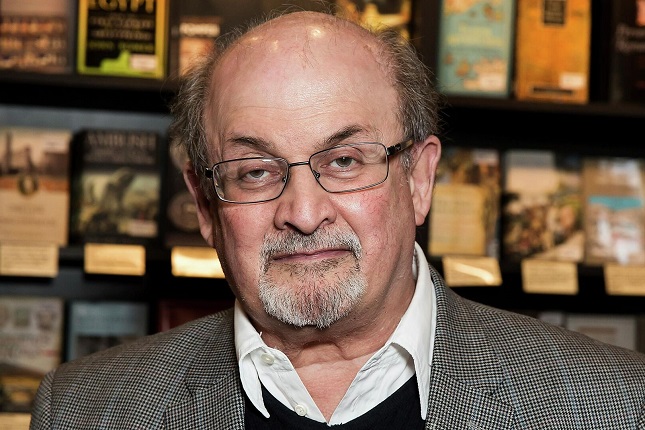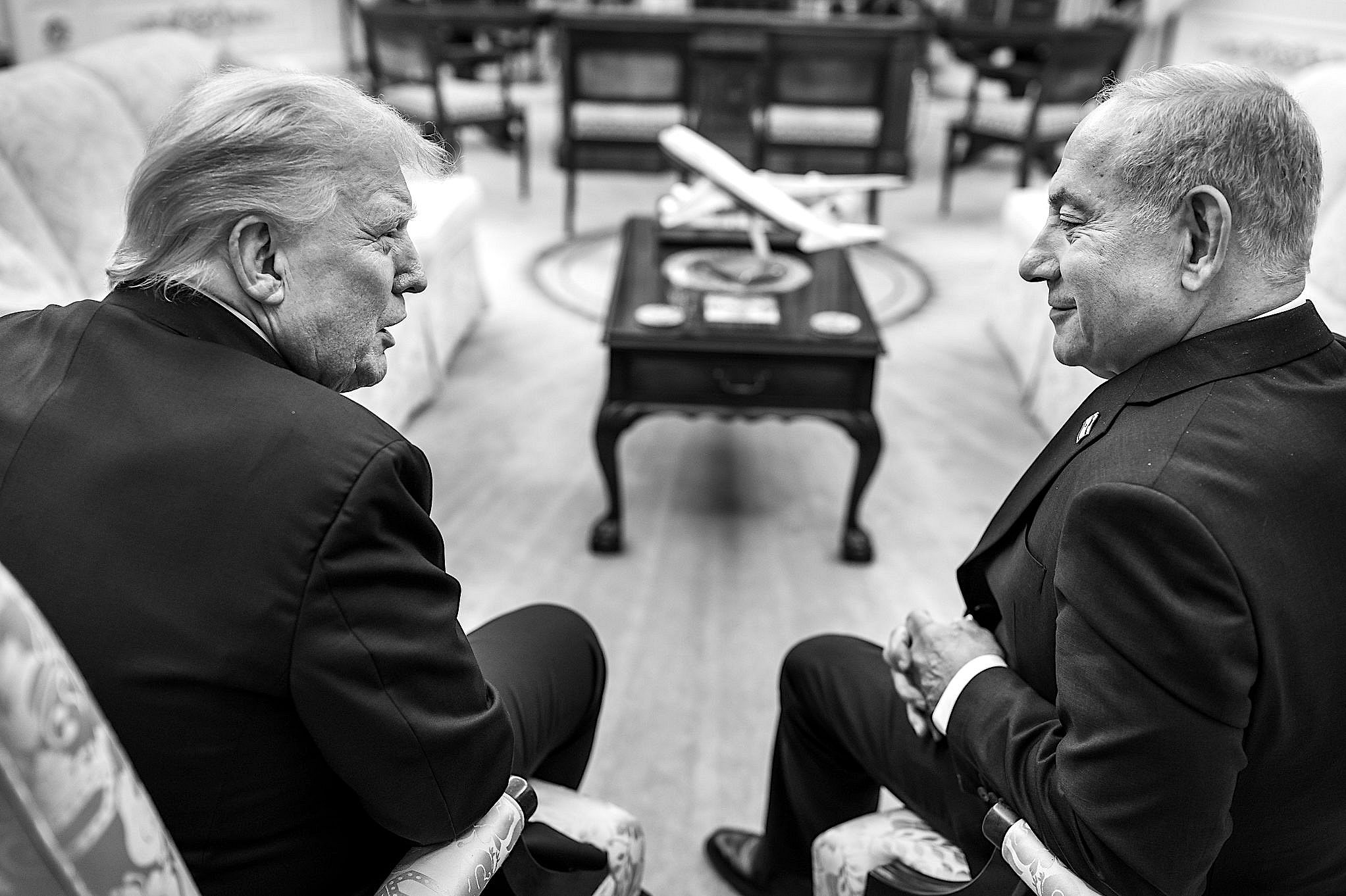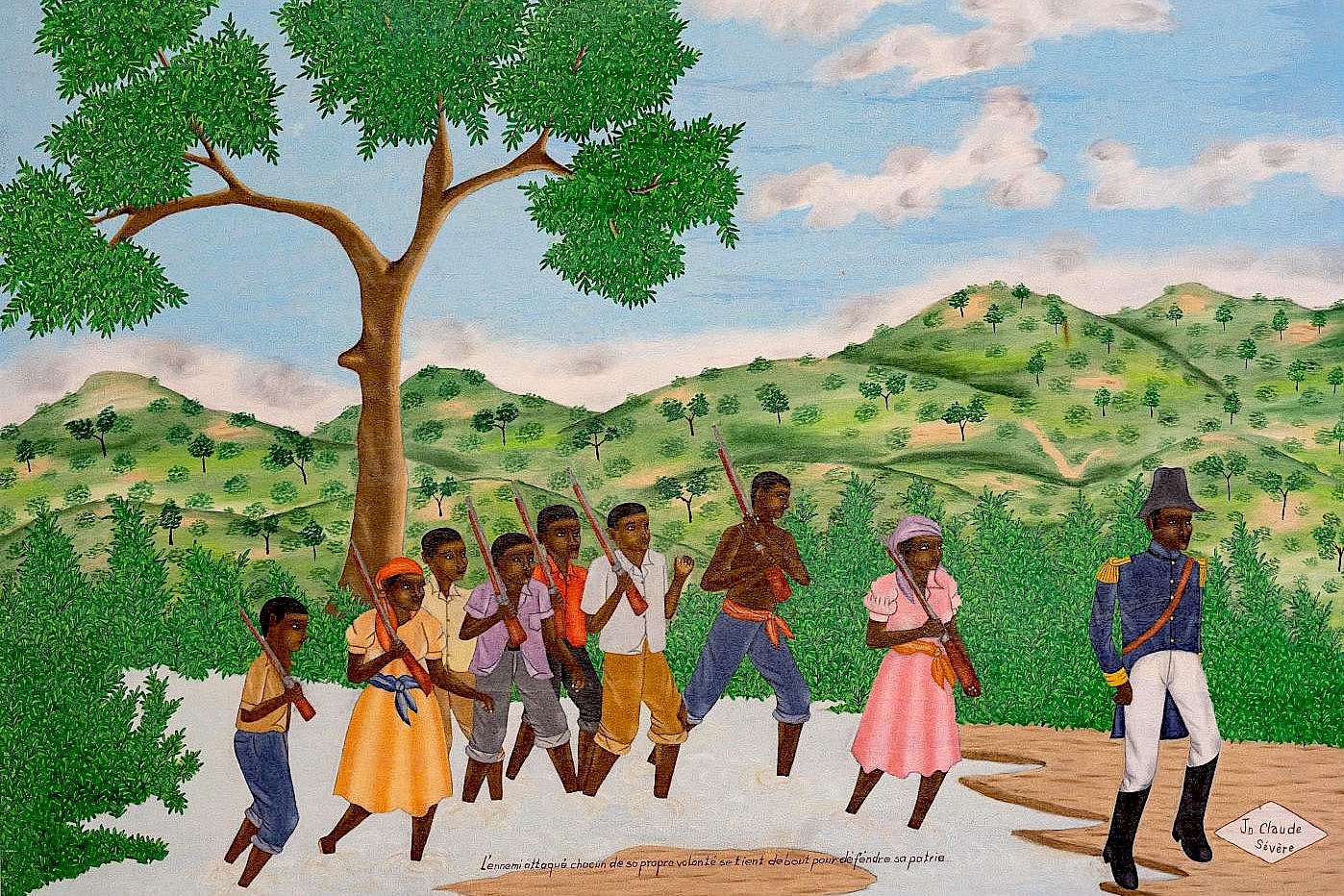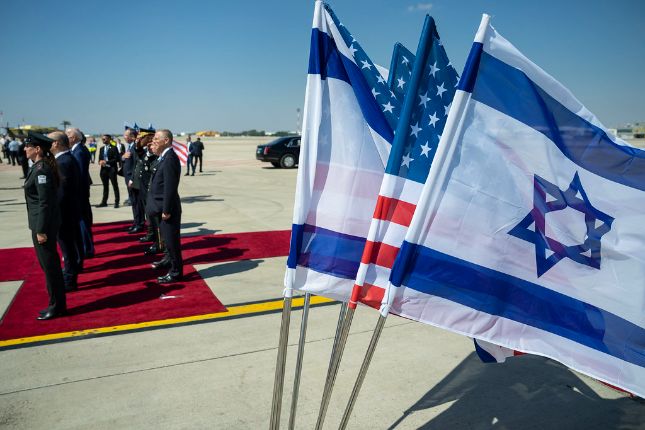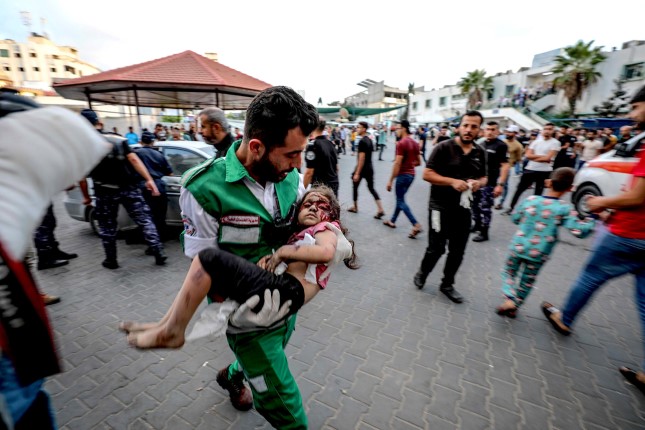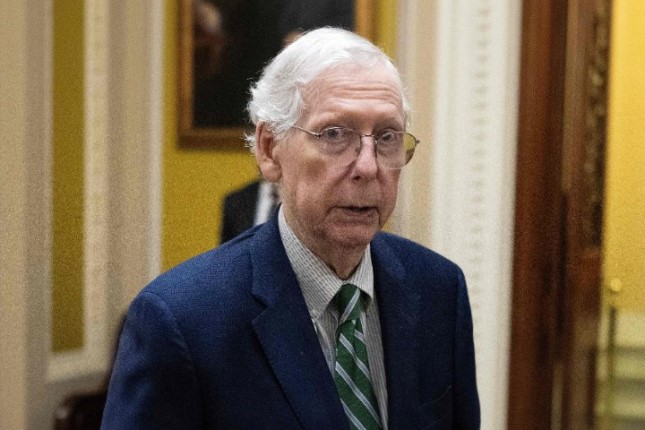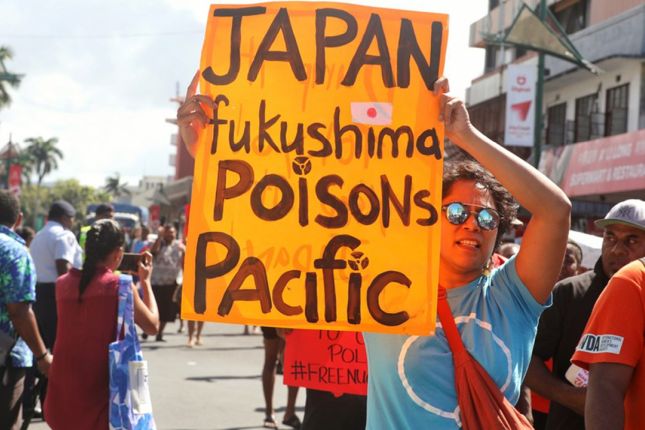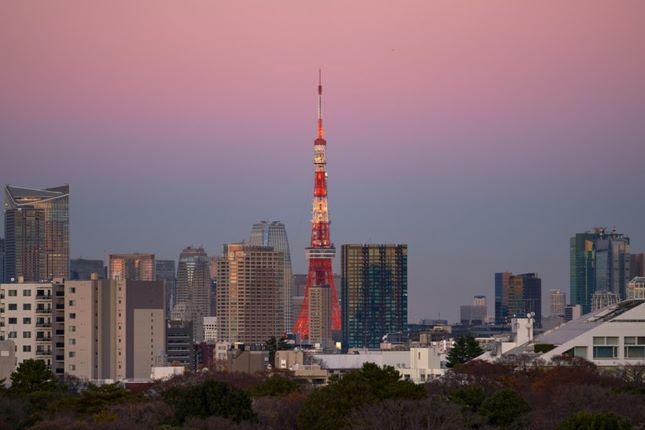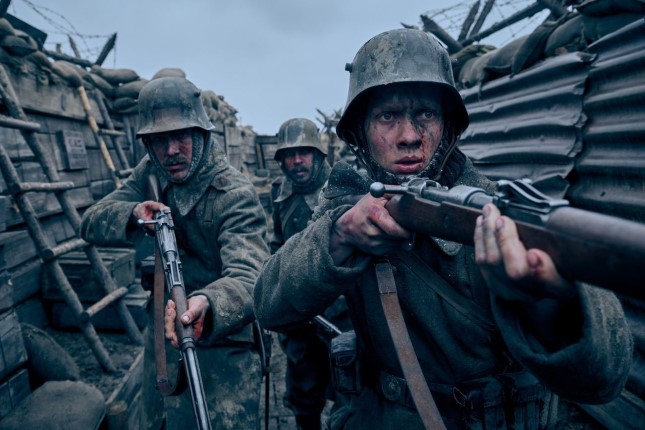Sir Salman Rushdie remains on a ventilator after being attacked on stage at an event in western New York state on Friday morning.
Rushdie, the author whose writing led to death threats from Iran in the 1980s, was stabbed in the neck and torso as he was about to give a lecture in western New York.
Rushdie, 75, was taken to surgery, and Andrew Wylie, his spokesperson, said in a statement early Friday evening that the author was put on a ventilator and had suffered significant injuries: “The news is not good. Salman will likely lose one eye; the nerves in his arm were severed; and his liver was stabbed and damaged.”
Authorities later identified the man suspected of stabbing Rushdie as 24-year-old Hadi Matar of Fairview, New Jersey, who had bought a pass to the event.
An Associated Press reporter witnessed a man storm the stage at the Chautauqua Institution and begin assaulting Rushdie as he was being introduced to give a talk to an audience of hundreds on artistic freedom.
Stunned attendees helped wrest the man from Rushdie, who had fallen to the floor. A New York state police trooper providing security at the event arrested the attacker.
“A man jumped up on the stage from I don’t know where and started what looked like beating him on the chest, repeated fist strokes into his chest and neck,” Bradley Fisher, who was in the audience, said. “People were screaming and crying out and gasping.”
A doctor in the audience helped tend to Rushdie while emergency services arrived, police said.
Photos taken by an Associated Press reporter show Rushdie lying on his back, with a first responder crouched over him. The author’s legs were being held up above his chest, presumably to keep blood flowing to the heart.
Rushdie’s interviewer, Henry Reese, 73, was also attacked and suffered a minor head injury, police said.
Reese, who co-founded an organization that provides residencies to writers facing persecution, was released from the hospital on Friday and said in a statement that Rushdie was “one of the great defenders of freedom of speech and freedom of creative expression”. He added, “The fact that this attack could occur in the United States is indicative of the threats to writers from many governments and from many individuals and organizations.”
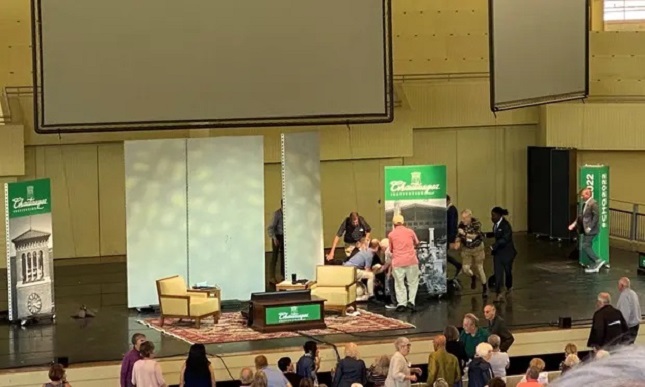
Rushdie is tended to after he was attacked during a lecture. Photo: Charles Savenor / Local News X / TMX / Reuters.
The White House national security adviser, Jake Sullivan, described the attack as “appalling”. He wrote on Twitter: “We’re thankful to good citizens and first responders for helping him so swiftly.”
The assault happened shortly before 11am at the Chautauqua Institution near Erie in western New York state close to Lake Erie, about 400 miles (644 km) north-west of New York City.
Rushdie, author of 14 novels, had been invited to talk about the importance of the US offering asylum for writers and other artists in exile.
Eyewitness reports said that a man wearing a black mask rushed onstage and began to attack Rushdie as he was sitting on the stage. Paula Voell, a retired journalist, told the Buffalo News that it was quickly apparent that an assault had taken place.
“We saw the man race a few steps across the stage and there was horror – the whole audience reacted, and probably 15 spectators raced on to the stage to try to attend to him, or so it seemed,” she said.
Phone footage captured moments after the attack shows audience members scrambling on to the stage to help. Gasps are heard around the auditorium as members of the public immediately evacuate the space.
Jeremy Genovese, 68, from Beachwood, Ohio, a retired academic from Cleveland State University, told the Press Association news agency he arrived at the amphitheater as it was being evacuated and that people were “streaming out”.
He said: “People were in shock, many people in tears. Chautauqua has always prided itself as a place where people can engage in civil dialogue.
“The amphitheatre is a large outdoor venue where people have given lectures since the late 1800s. You need a pass to access the grounds but it is not too difficult get in.”
The New York Post, citing law enforcement sources, described the suspect Matar as being sympathetic toward the Iranian government. At a news briefing late Friday, authorities said a motive for the attack was unclear.
Rushdie’s book The Satanic Verses has been banned in Iran since 1988, as many Muslims consider it to be blasphemous. A year later, Iran’s late leader Ayatollah Ruhollah Khomeini issued a fatwa, or edict, calling for Rushdie’s death. A bounty of more than $3m has also been offered for anyone who kills Rushdie.
Iran’s government has long since distanced itself from Khomeini’s decree, but anti-Rushdie sentiment lingered.
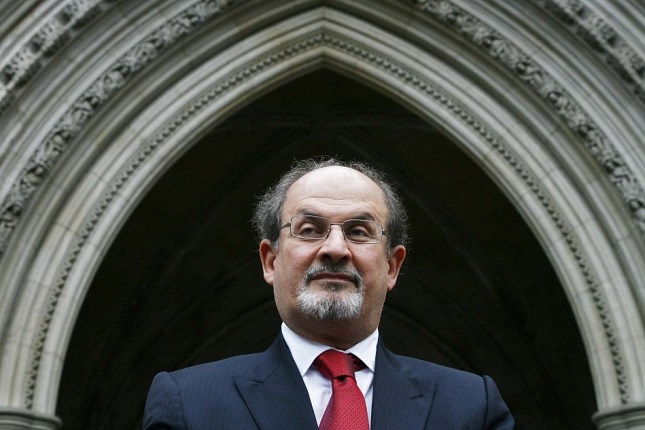
Salman Rushdie in London. Photo: Luke MacGregor / Reuters.
In 2012, a semi-official Iranian religious foundation raised the bounty for Rushdie from $2.8m to $3.3m.
Rushdie dismissed that threat at the time, saying there was “no evidence” of people being interested in the reward. That year, Rushdie published a memoir, Joseph Anton, about the fatwa.
Journalists, writers and celebrities reacted with shock and concern. Horror novelist Stephen King tweeted: “I hope Salman Rushdie is okay.”
Indian author and political and environmental activist Arundhati Roy told the Guardian: “I am shocked and saddened beyond measure. Nothing can justify this attack.”
Close friend Nigella Lawson, the English food writer and celebrity television cook, wrote: “Such shocking news of Salman Rushdie having been stabbed. This is horrific. Am distraught. Please, please let him be ok.”
Speaking to the Guardian, Japanese-born English novelist Kazuo Ishiguro said: “He’s been incredibly brave through all these years, continuously putting himself on the line for the right to think and speak freely, despite the dangers that never went away. We’re hoping and hoping he’ll pull through.”
The president of France, Emmanuel Macron, tweeted, “For the last 33 years, Salman Rushdie has symbolised freedom and the fight against obscurantism. Hatred and barbarism have just struck him, so cowardly. His struggle is ours and universal. Today, more than ever, we are at his side.”
In the US, where Rushdie lives, the New York state governor, Kathy Hochul, told a press conference that a state police officer saved Rushdie’s life and that of the moderator.
She added: “He is alive, he has been airlifted to safety. But here is an individual who has spent decades speaking truth to power, someone who’s been out there unafraid, despite the threats that have followed him his entire adult life.”
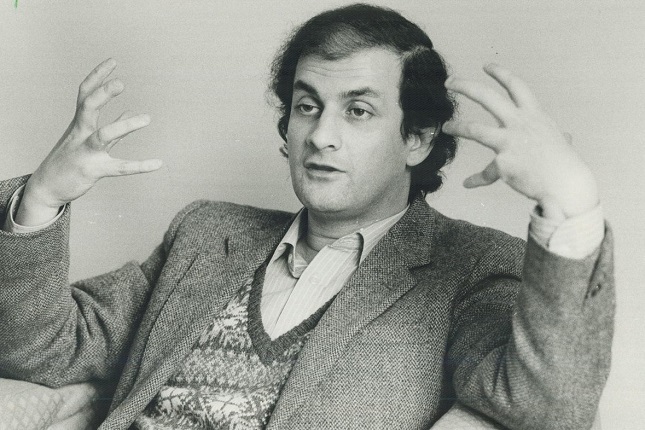
Rushdie, in 1983. Photo: Reg Innell / Toronto Star / Getty Images
Rushdie was previously president of PEN America, which celebrates free expression and speech, and its chief executive, Suzanne Nossel, was among those reacting to the attack.
She said: “PEN America is reeling from shock and horror … Our thoughts and passions now lie with our dauntless Salman, wishing him a full and speedy recovery. We hope and believe fervently that his essential voice cannot and will not be silenced.”
Rushdie found fame with Midnight’s Children, about the birth of India, which won the Booker prize in 1981.
The author lived in hiding for many years in London under a British government protection programme after Ayatollah Khomeini issued a fatwa calling for his execution over The Satanic Verses.
Finally, in 1998, the Iranian government withdrew its support for the death sentence.
He was knighted in 2008.
Main photo: Writer Salman Rushdie © AP Photo / Invision / Grant Pollard.
Source: The Guardian.
